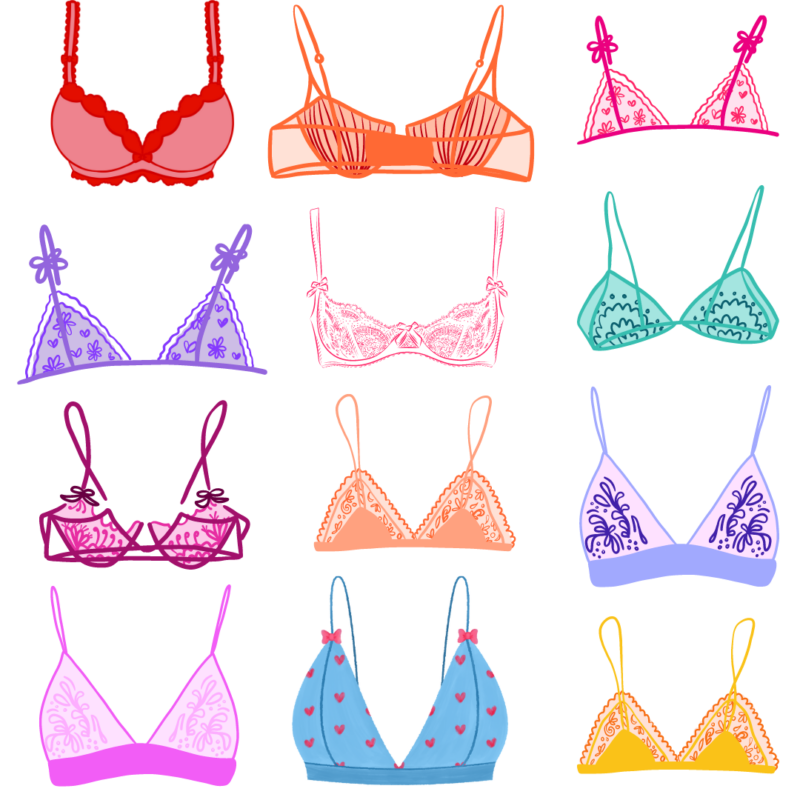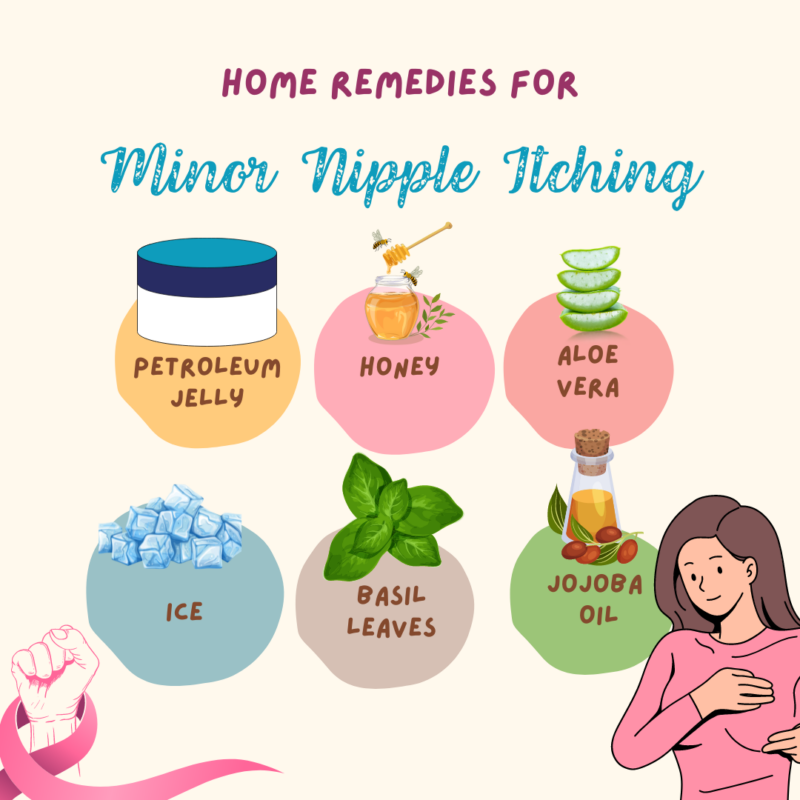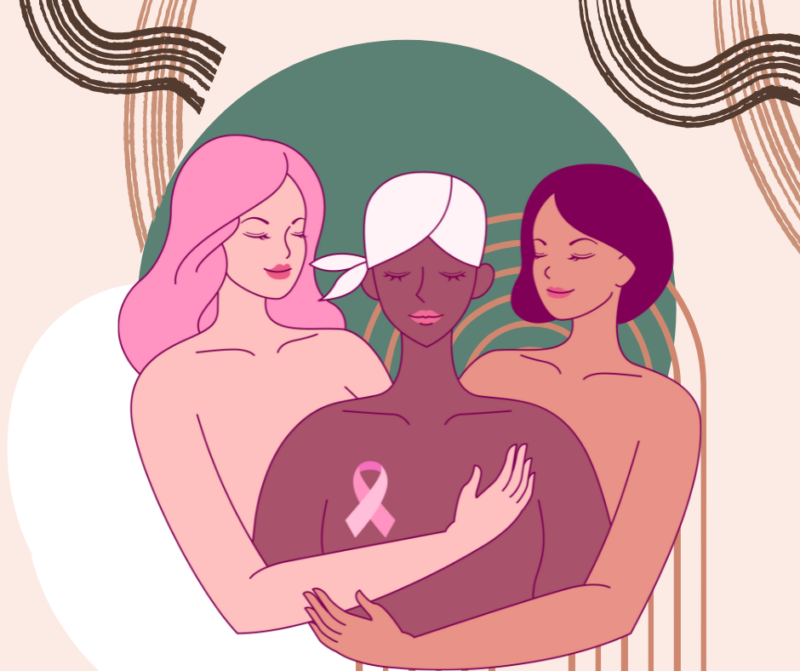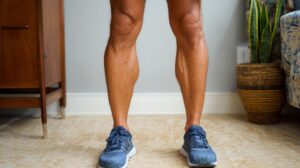Breast itchiness is a common complaint among women, ranging from mild annoyance to a sign of something more serious. Knowing the causes and symptoms of breast itch can help you address the issue effectively and know when to seek medical advice. Today we’ll explore various reasons behind breast itchiness and how to manage them.
1. Dry Skin
Dry skin is a common culprit behind breast itchiness. According to Anita Gade, when the skin loses moisture, it can become rough, flaky, and itchy. This is often due to weather changes, hot showers, or not drinking enough water.
When the air is dry, especially in winter, skin can lose its natural oils, leading to dryness and itchiness. Hot showers can strip the skin of its natural moisture, making it more susceptible to irritation. Additionally, not staying hydrated can cause the skin to dry out, exacerbating the problem.
2. Breast Growth
Breast growth, whether during puberty, pregnancy, or due to weight gain, can stretch the skin, leading to itchiness.
As the skin stretches, it may become dry and irritated, causing discomfort. During puberty, rapid breast growth can lead to skin stretching and subsequent itching. Pregnancy causes hormonal changes that increase blood flow to the breasts, causing them to grow and stretch the skin.
Similarly, weight gain can lead to increased breast size, stretching the skin and causing itchiness.
3. Heat Rash
@madamesweat How to treat under-breast rash 😬 #underbreast #rash #itchyskin #sweat #sweatygirl #underbra #bra #moisture #skinfolds #diaperrash #friction #barrierskinsolver #barrierrepair #hellobello #madamesweat #madamesweatisconcerned #madamesweatkaianaturals #kaianaturals #thesweatpowder #naturalpowder #talcfree
As stated by Karla C. Guerra, heat rash occurs when sweat ducts become blocked, trapping sweat under the skin. This can cause red, itchy bumps on the breast, especially in hot and humid conditions.
When the sweat ducts are blocked, sweat gets trapped under the skin, causing inflammation and itchiness. Heat rash is more common in hot and humid climates, where sweating is more intense.
4. Allergens
Identifying and avoiding the allergen is key to preventing further irritation. Some fabrics, like wool or synthetic materials, can irritate the skin, leading to itchiness. Detergents and fabric softeners with strong fragrances or harsh chemicals can also cause allergic reactions.
Skincare products containing fragrances, dyes, or other irritating ingredients can trigger allergies and cause the skin to itch.
5. Breast Cancer
As breastcancer.org states, in rare cases, persistent breast itchiness can be a sign of breast cancer. Inflammatory breast cancer and Paget’s disease of the breast are two types that can cause itchiness, along with other symptoms like redness, swelling, and discharge.
Inflammatory breast cancer is an aggressive form that causes the breast to become red, swollen, and itchy. Paget’s disease of the breast affects the nipple and areola, causing them to become red, scaly, and itchy.
When to See a Doctor
Persistent or severe itchiness can be a sign of a more serious condition that requires medical intervention. Here are some signs that warrant a doctor’s visit:
- Itchiness lasting for more than a week.
- Intense itchiness that interferes with daily activities and sleep.
- Itchy nipple or areolar area.
- Tenderness, pain, or swelling.
- Appearance of a rash.
- Itchiness that doesn’t go away even after treating it.
Treatments and Prevention
Preventing and treating breast itchiness involves a combination of good skincare practices and avoiding irritants:
Using Sunscreen
UV rays can cause the skin to become dry and irritated, leading to itchiness. Using a broad-spectrum sunscreen with an SPF of 30 or higher can help protect your skin from UV damage.
Using Non-Oil-Based Moisturizers
Oil-based moisturizers can clog pores and cause breakouts, leading to further irritation. Non-oil-based moisturizers are lightweight and help keep the skin hydrated without causing breakouts.
Staying Hydrated
Drinking plenty of water can keep your skin moisturized from the inside out. Dehydration can cause the skin to become dry and itchy.
Keeping the Breasts Clean and Dry
Proper hygiene can prevent infections and skin irritation. Use mild, unscented soaps and make sure to dry the area thoroughly after bathing.
Using Only Nonscented Products
Fragrances and dyes in skincare products can cause allergic reactions and irritation, so opt for hypoallergenic options.
Why Do Breasts Itch While Wearing a Bra?

Wearing a bra can sometimes lead to breast itchiness due to several factors:
Allergic Reactions
Some materials and dyes used in bras can irritate the skin, leading to itchiness. Detergents and fabric softeners with strong fragrances or harsh chemicals can also cause allergic reactions.
Poor Fit
Bras that are too tight or too loose can rub against the skin, causing irritation and itchiness. Getting fitted for a bra to ensure it provides adequate support without causing friction can help prevent this issue.
Materials Trapping Sweat and Heat
As dermnetnz.org claims, synthetic materials that don’t allow the skin to breathe can trap sweat and heat, causing the skin to become irritated and itchy. Choosing bras made from natural, breathable fabrics like cotton can help prevent this issue.
Can Stress Cause Itchy Breasts?
Yes! According to AAD, stress can trigger skin conditions like eczema and psoriasis, leading to itchiness. When you’re stressed, your body releases hormones like cortisol that can affect your skin. These hormonal changes can trigger or worsen skin conditions like eczema and psoriasis, leading to itchiness.
What is Nipple Itching?
Nipple itching is a common skin condition caused by allergies, inflammation, or physical irritation. It is characterized by tingling, irritation, and discomfort on the skin. Nipple itching can occur alongside conditions like hives, eczema, or other illnesses impacting the nipple area.
Home Remedies for Minor Nipple Itching

If you have minor nipple itching, try these home remedies:
Aloe Vera
Aloe Vera is known for its anti-inflammatory properties and can soothe and cool irritated skin. Applying Aloe Vera gel to the affected area can provide immediate relief from itching and redness. It also helps in moisturizing the skin and preventing dryness.
Honey
Honey has antibacterial properties and can alleviate skin irritation. Applying a thin layer of honey to the itchy area can reduce inflammation and itching. Honey also helps in keeping the skin hydrated and promotes healing.
Petroleum Jelly
Petroleum jelly is an effective moisturizer that can hydrate the skin and prevent dryness. Applying a small amount of petroleum jelly to the itchy area can provide relief from itching and keep the skin soft and smooth.
Jojoba Oil
Jojoba oil has anti-itch and antiseptic properties that can help soothe irritated skin. Applying a few drops of jojoba oil to the itchy area can reduce itching and inflammation. Jojoba oil also helps moisturize the skin and prevent dryness.
Ice
Wrap an ice pack in a cloth and apply it to the itchy area for a few minutes. The cold temperature helps in reducing inflammation and numbing the itchiness.
Basil Leaves
Basil leaves have anti-itching and antibacterial properties that can help with itching and bleeding. Crush a few basil leaves and apply the paste to the itchy area.
The Bottom Line
Breast itchiness can stem from various causes, ranging from dry skin and allergies to more serious conditions like cancer. By maintaining good hygiene, staying hydrated, and choosing the right products, you can minimize discomfort.
Related Posts:
- What is Incarcerated Hernias? - Causes, Symptoms,…
- Sleep Apnea 101 - Symptoms, Causes, and Risk Factors
- Guillain Barré Syndrome Explained: Symptoms, Causes,…
- Gallbladder Calculus and Acute Cholecystitis -…
- Signs of Parasitic Infections - 10 Key Symptoms Explained
- What Causes a Vein to Burst in Your Leg and How to…















